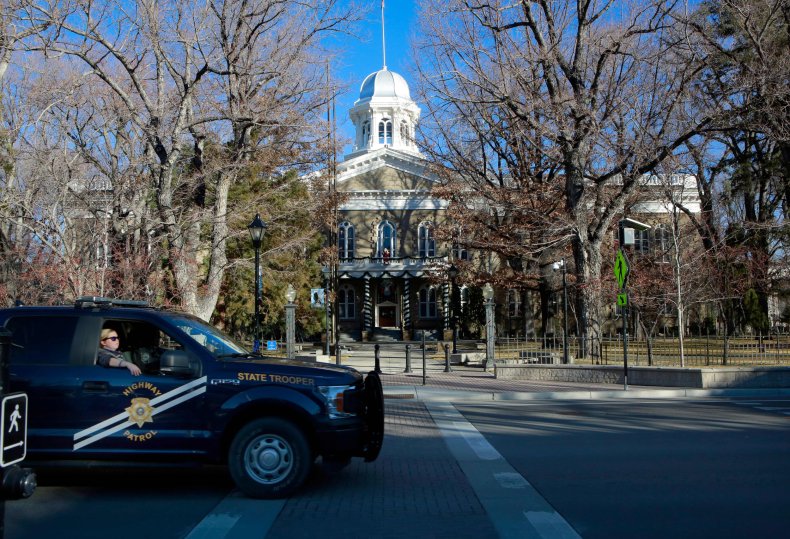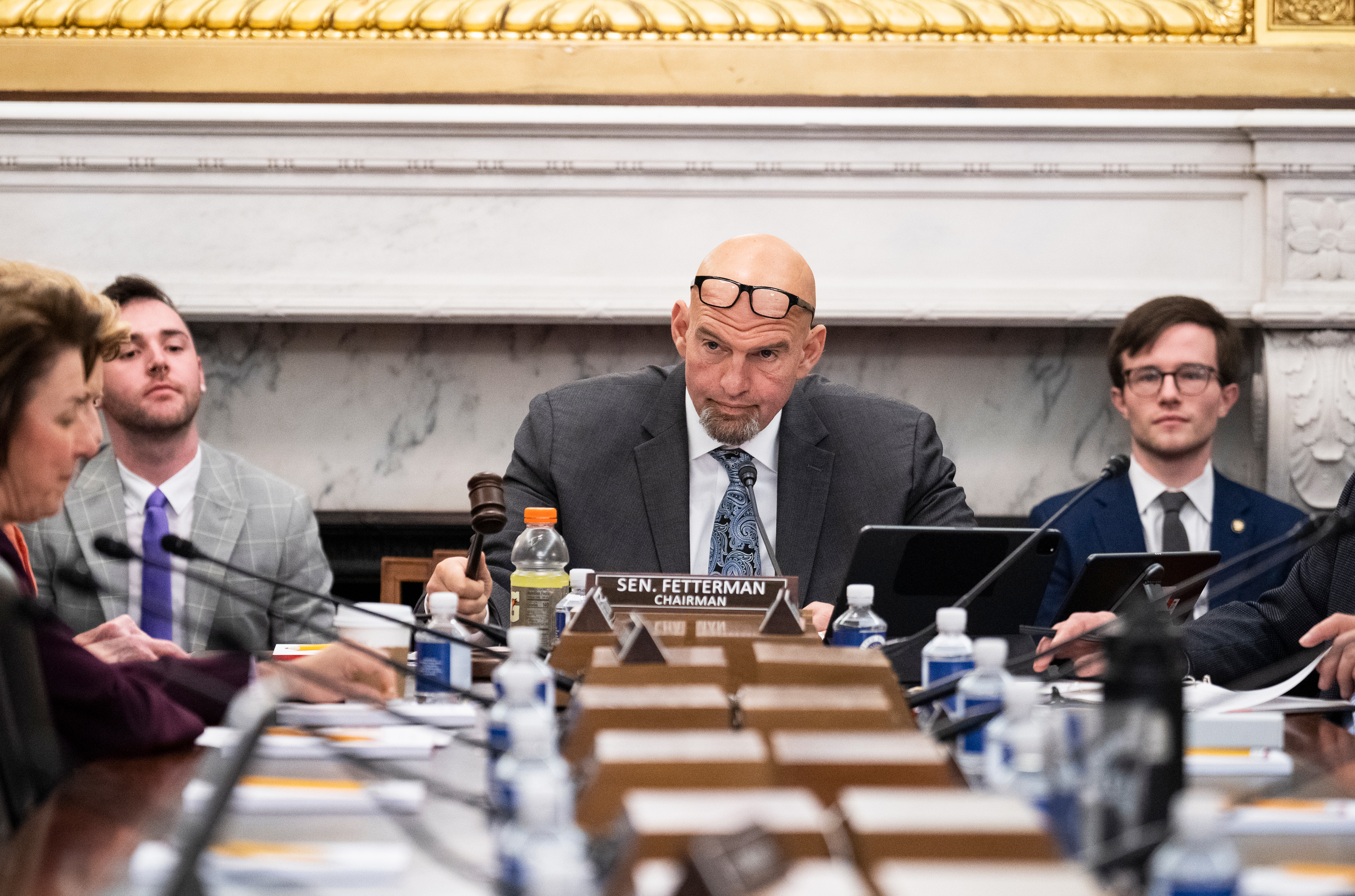Nevada Moves to Approve End-of-Life Pill for Terminally Ill
Nevada has taken the first legislative steps towards legalizing assisted dying after the state's senate approved a measure that would allow terminally ill patients to take a pill intended to end their life.
As of June 2021, there were eight states that allowed for assisted dying, alongside Washington D.C.: Oregon, Hawaii, Washington, Maine, Colorado, New Jersey, California and Vermont. Nevada's senate voted 11 to 10 in favor of Senate Bill (SB) 239 Wednesday, which will now pass to the state's assembly for consideration.
Assisted suicide is a controversial issue across the globe, with medical practitioners having to grapple with a contradiction between their oath to protect life and an ethical belief in affording patients a good quality of life.
Campaigners argue that those seeking help to take their own life are often suffering incurable illnesses that cause them ongoing pain or an inability to live a full life, whereas opponents say assisted suicide could be used coercively and against a person's will if—as is sometimes the case—they are unable to express themselves, and contravenes religious beliefs concerning the sanctity of life.

Assisted dying remains illegal in many countries. In the U.K., for example, assisting a suicide can be prosecuted as murder or manslaughter. In 2011, Terry Pratchett—the prolific British author who died four years later—made a BBC documentary on the subject after being diagnosed with Alzheimer's disease. This received criticism for its depiction of what is believed to be the first on-screen assisted death.
In 2021, the British Medical Association adopted a position of neutrality on legalized assisted dying, having previously been opposed, recognizing the divergent views of its members.
Euthanasia—the practice of ending a patient's life to avoid suffering, which literally translates from the ancient Greek for "good death"—is only legal in five European nations. Switzerland, home of the renowned Dignitas clinic, does not allow assisted dying, but allows clinicians to supply the means for suicide, so long as the person taking their own life performs the act themselves.
SB 239 argues that a "mentally capable adult patient should have the right to self-determination concerning his or her health care decisions" and notes "patients with a terminal illness may undergo unremitting pain, agonizing discomfort and a sudden, continuing and irreversible reduction in their quality of life."
The bill would require that a patient over the age of 18, of sound mind, seeking to take their own life make two verbal and one written request to a medical practitioner before being prescribed life-ending medication. A patient would be obliged to self-administer if they fulfill the prescription, but they can revoke the prescription at any point.
It also would prevent medical practitioners, including pharmacists responsible for dispensing the medication, from being subject to professional discipline or civil or criminal penalty. Existing Nevada law allows for a patient with a terminal condition to refuse resuscitation or life-prolonging care.
The bill was voted for by 11 of Nevada's 13 Democrat state senators; two voted against the measure along with the Republican caucus.
According to local news channel KLAS, GOP state senator Jeff Stone said that any form of legalized assisted suicide would run the risk of abuse by "greedy loved ones," and cited the American Medical Association's (AMA) view that it was "fundamentally inconsistent with a physician's professional role."
The AMA also notes that there are differing moral views on the matter, despite it having a policy of opposition to assisted suicide.
Newsweek reached out to Sen. Nicole Cannizzaro, Nevada's state senate majority leader and one of the primary sponsors of SB 239, via email for comment Thursday.








